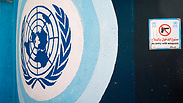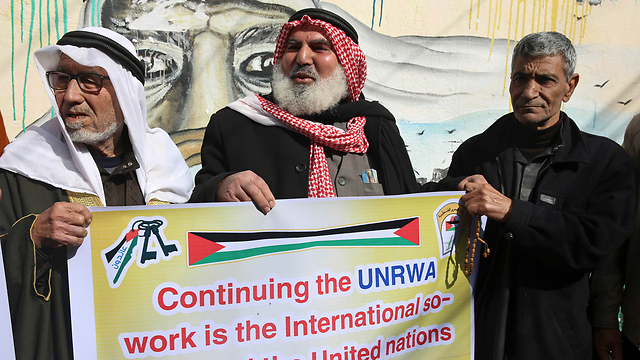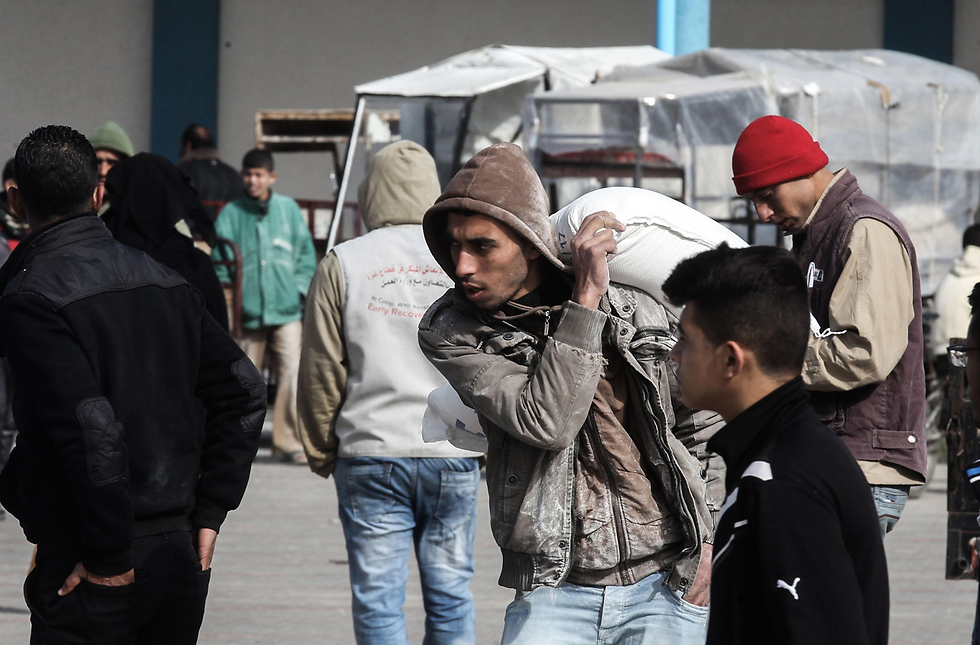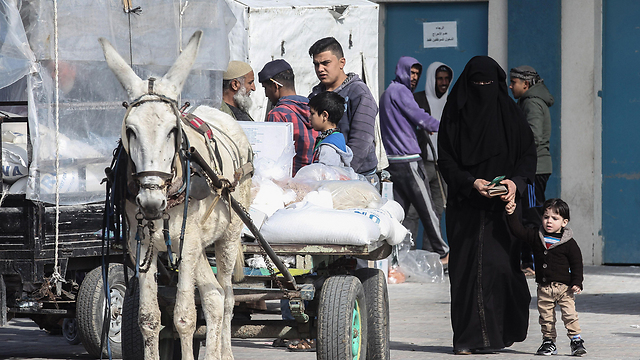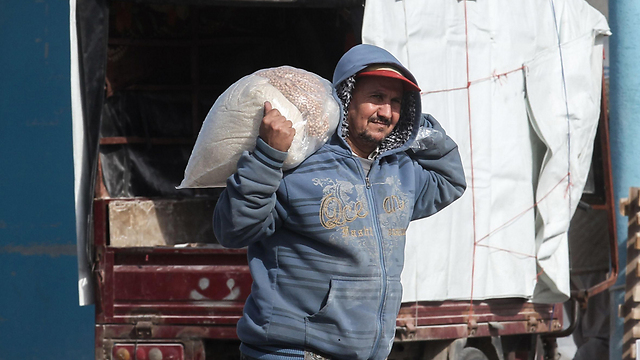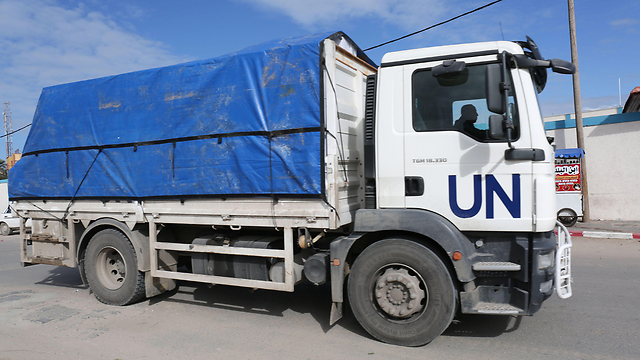The head of the Palestinian mission to Washington slammed the US Trump administration Wednesday over its decision to withhold $65 million to Palestinian aid agencies, saying that making basic humanitarian services such as food, medical supplies and education accessible to Palestinians is not a bargaining chip, but an American and international obligation.
The United States will give United Nations Relief and Works Agency (UNRWA), the UN agency for Palestinian refugees, $60 million in aid but will withhold a further $65 million "for future consideration," a US official said on Tuesday.
“You have taken from refugees food and education. This is not a move that will lead to peace,” said Husam Zumlut.
“Listening to Prime Minister Benjamin Netanyahu’s zero-sum game on the issue of removing the Jerusalem issue from the table and now the attempt to dismantle UNRWA based on the belief that this will lead to Palestinian refugees relinquishing their rights is destined to fail,” he warned.
“There will be no compromise on the rights of Palestinian refugees because of financial decisions,” Zumlut vowed.
According to Zumlut, UNRWA was established in 1949 following a UN decision that would ensure American support for the agency. President Donald Trump, in his latest decision, Zumlut said, has departed from the American commitment shown by all previous administrations to provide the financial aid.
Responding to the US’s announcement, UNRWA Commissioner-General Pierre Krähenbüh said he would appeal to other donor nations for money and launch "a global fundraising campaign" aimed at keeping the agency's schools and clinics for refugees open through 2018 and beyond.
"At stake is the dignity and human security of millions of Palestine refugees, in need of emergency food assistance and other support in Jordan, Lebanon, Syria, and the West Bank and Gaza Strip," he said in a statement.
In 2016, UNRWA’s budget from donations alone stood at $623 million. Together with contributions that are not directly included in the budget and are earmarked for various projects, the overall budget for that year reached $1.2 billion.
The US remains the chief contributor for the agency, pumping $152 million into its coffers in 2016. Taken together with indirect donations, the total US financial contribution reached $370 million. In all, the American contribution constitutes a little more than a quarter of UNRWA’s total budget.
The European Union is the second largest contributor, which in 2016 provided $160 million. Saudi Arabia gave $150 million the same year.
According to Krähenbüh, it’s not the first time that UNRWA has faced challenges in carrying out its mandate.
“The cutting of the contribution will also impact security in the region, at a time when the Middle East is facing many dangers and threats,” he said.
Turning directly to the Palestinain refugees, who Israel complains are granted special and unique status by the UN in accordance with a policy that it says perpetuates the refugee problem, Krähenbüh said that UNRWA was making determined efforts to continue to supply the services it has hitherto provided.
